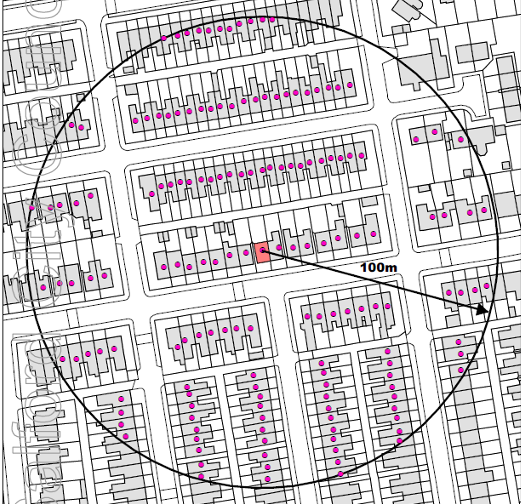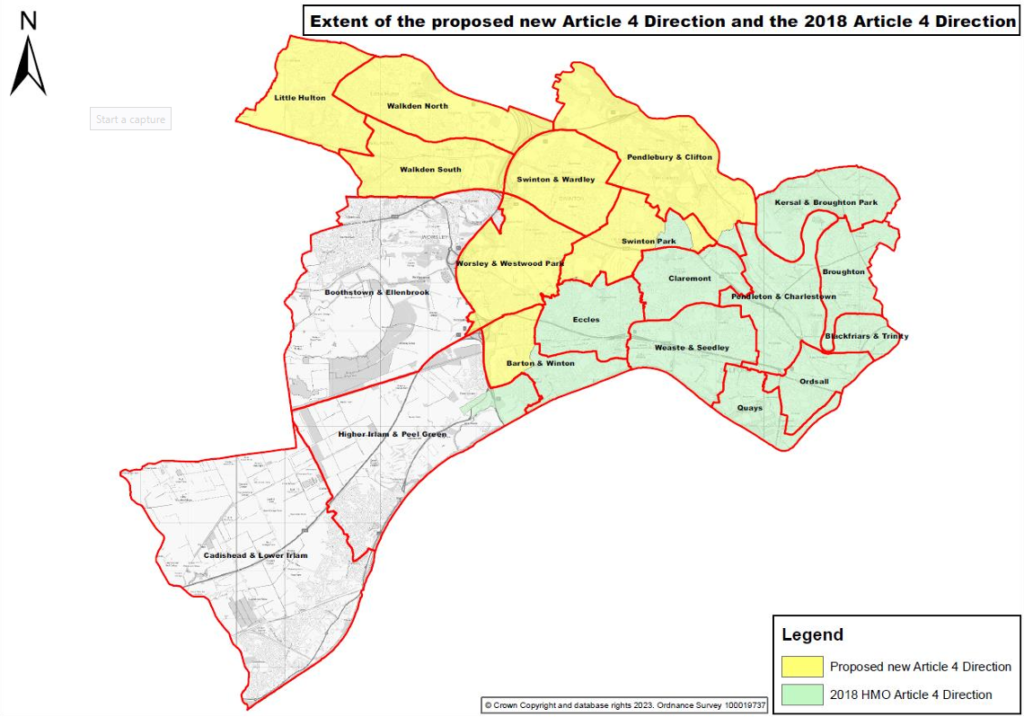If you’re scratching your head as to why your monthly energy bill is so expensive, it might be that you’re paying too much. Regularly checking your energy prices has become an essential task for HMO Landlords, especially since the energy crisis in 2022.
Commercial vs Domestic Rates
A significant aspect of managing HMO energy costs involves deciding between domestic and commercial rates. Traditionally, commercial rates were the go-to option for HMO properties. However, the landscape has shifted dramatically since the onset of the energy crisis. At the time of writing, domestic rates are generally more competitive. If you’re on a commercial fixed rate then you should check against the market domestic rate – use comparison sites such as MoneySuperMarket and Uswitch . If the rates are cheaper then contact your energy supplier to explain that the supply is for a domestic property and you want to change to the domestic rate.
Ensuring You’re Not Overpaying on Commercial Rates
If your HMO is on a commercial energy rate and you’re happy to stay on it, it’s vital to ensure you’re not inadvertently overpaying. Firstly, check your bills to ensure that you are not paying the climate change levy (CCL). The CCL is a government-imposed tax aimed at encouraging energy efficiency and reducing greenhouse gas emissions. However, residential properties, including HMOs, are typically exempt. Secondly, confirm that you’re being charged the reduced VAT rate of 5% applicable to residential energy supplies. These adjustments can make a significant difference to your overall energy costs. To apply for these exemptions, contact your energy supplier directly and provide the necessary documentation to prove your eligibility.
HMO Energy Prices – The Power of Negotiation with Brokers
Using a broker can simplify the process of finding the best energy deals. However, the key to maximising this advantage lies in negotiation. Don’t hesitate to pit one broker against another to secure the most competitive rates. Brokers have access to deals that may not be directly available to the public, and their desire to win your business can work in your favour. Ensure you’re clear about your needs and the rates you’re being offered elsewhere. This transparency can motivate brokers to find you deals that match or even undercut the competition.
How Confidence Property Can Help Reduce Your HMO Energy Prices
At Confidence Property, we understand the importance of managing HMO energy prices effectively. While our primary focus isn’t on the energy market, our commitment to supporting HMO Landlords encompasses providing valuable information and guidance on all aspects of property management, including energy cost optimisation and typical kWh consumption.
By staying informed and proactive, you can navigate the challenges of the current energy landscape with confidence.











